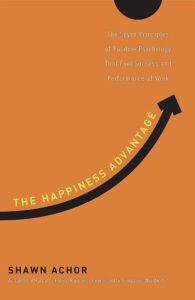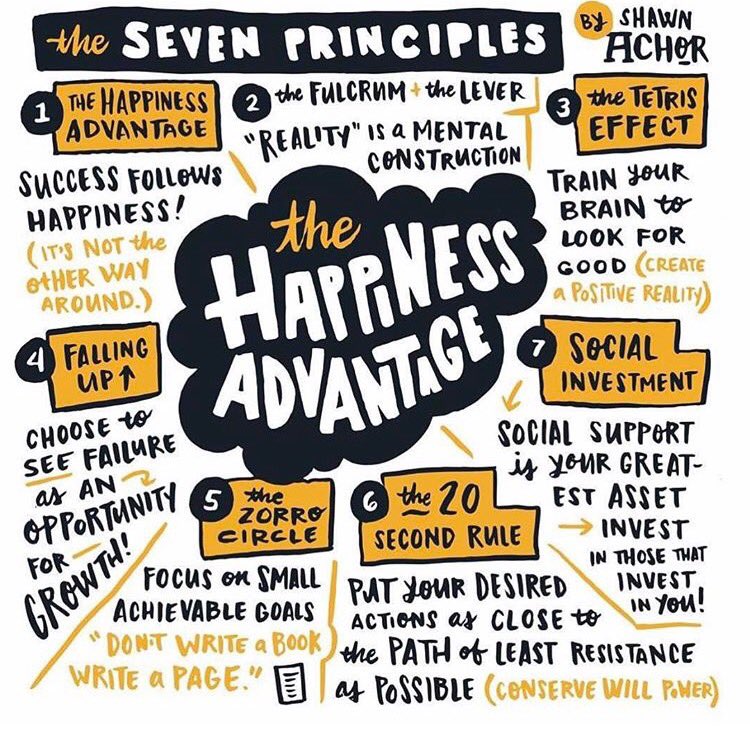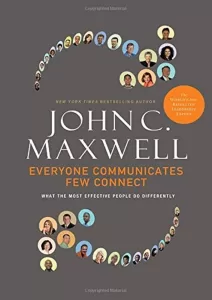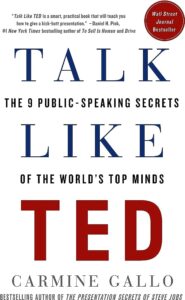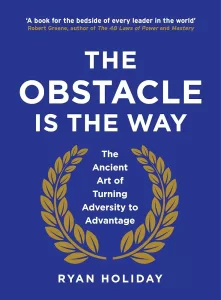Book Review: “The Happiness Advantage”
Book: The Happiness Advantage by Shawn Achor
Reviewer: Bobby Powers
My Thoughts: 10 of 10
Achor has become one of my favorite researchers because his research is so practical. He helped me understand the power of happiness and realize that it is a cause—not a byproduct—of success. He draws upon his own research at Harvard but also brings in fascinating stories from business leaders, athletes, the Dalai Lama, London cab drivers, and other psychologists. The Happiness Advantage is a science-backed call to action for living a life of optimism and joy.
What I Learned from the Book
It's easy to think, "I'll be happy once I get that promotion, buy that house, write a bestselling book, etc." But as Achor proves in this book, that mentality is flawed. Happiness comes first, then success follows. Happiness and optimism fuel us to become our best selves and lead us to perform better, live longer, and have better relationships. Our perspective shapes our reality.
Selected Quotes and Ideas from the Book
Broken Success Formula
- "If you observe the people around you, you'll find most individuals follow a formula that has been subtly or not so subtly taught to them by their schools, their company, their parents, or society. That is: If you work hard, you will become successful, and once you become successful, then you'll be happy."
- "The only problem is that this formula is broken."
- "With each victory, our goalposts of success keep getting pushed further and further out, so that happiness gets pushed over the horizon."
- "More than a decade of groundbreaking research in the fields of positive psychology and neuroscience has proven in no uncertain terms that the relationship between success and happiness works the other way around."
- "We become more successful when we are happier and more positive."
The Happiness Advantage
- "Optimistic salespeople outsell their pessimistic counterparts by 56 percent."
- "It turns out that brains are literally hardwired to perform at their best not when they are negative or even neutral, but when they are positive."
- "When we are happy—when our mindset and mood are positive—we are smarter, more motivated, and thus more successful. Happiness is the center, and success revolves around it."
- "Happiness leads to success in nearly every domain of our lives, including marriage, health, friendship, community involvement, creativity, and, in particular, our jobs, careers, and businesses." Data abounds showing that happy workers have higher levels of productivity, produce higher sales, perform better in leadership positions, and receive higher performance ratings and higher pay. They also enjoy more job security and are less likely to take sick days, to quit, or to become burned out."
Activities That Promote Happiness
- "Physical activity can boost mood and enhance our work performance in a number of other ways as well, by improving motivation and feelings of mastery, reducing stress and anxiety, and helping us get into flow."
- "Research even shows that regular meditation can permanently rewire the brain to raise levels of happiness, lower stress, even improve immune function."
- "Making time to go outside on a nice day also delivers a huge advantage; one study found that spending 20 minutes outside in good weather not only boosted positive mood, but broadened thinking and improved working memory."
- "Contrary to the popular saying money can buy happiness, but only if used to do things as opposed to simply have things...For instance, when researchers interviewed more than 150 people about their recent purchases, they found that money spent on activities—such as concerts and group dinners out—brought far more pleasure than material purchases like shoes, televisions, or expensive watches."
Increasing Performance
- "Just as your mindset about work affects your performance, so too does your mindset about your own ability. What I mean is that the more you believe in your own ability to succeed, the more likely it is that you will."
- "Remind yourself of the relevant skills you have, rather than those you lack. Think of a time you have been in a similar circumstance in the past and performed well."
- "Optimism, it turns out, is a tremendously powerful predictor of work performance. Studies have shown that optimists set more goals (and more difficult goals) than pessimists, and put more effort into attaining those goals, stay more engaged in the face of difficulty, and rise above obstacles more easily."
Our Brains Create Our Reality
- "Once we realize how much our reality depends on how we view it, it comes as less of a surprise that our external circumstances predict only about 10 percent of our total happiness."
- "Researchers have found that even the smallest tasks can be imbued with greater meaning when they are connected to personal goals and values."
- "The expectations we have about our children, co-workers, and spouses—whether or not they are ever voiced—can make that expectation a reality."
- "This phenomenon is called the Pygmalion Effect: when our belief in another person's potential brings that potential to life."
- "[E]mployees typically become the kind of worker their manager expects them to be...This is a shining example of a self-fulfilling prophecy: People act as we expect them to act."
- "[S]cientists now know that the brain remains plastic and malleable well past the age of 20, through even our most senior years. That means that we have the power to create new habits and then reap the benefits whether we're 22 or 72."
Overcoming Adversity
- "The people who can most successfully get themselves up off the mat are those who define themselves not by what has happened to the, but by what they can make out of what has happened."
- "Adversities, no matter what they are, simply don't hit us as hard as we think they will. Just knowing this quirk of human psychology—that our fear of consequences is always worse than the consequences themselves—can help us move toward a more optimistic interpretation of the downs we will inevitably face."
- "For example, we might assume that a horrible injury would forever alter our ability to be happy, but in fact, after an initial adjustment and period of hardship, most victims of paralysis bounce back to just about the same level of happiness they experienced before. Simply speaking, the human psyche is so much more resilient than we even realize."
Investing in Relationships
- "Turns out, there was one—and only one—characteristic that distinguished the happiest 10 percent from everybody else: the strength of their social relationships. My empirical study of well-being among 1,600 Harvard undergraduates found a similar result—social support was a far greater predictor of happiness than any other factor, more than GPA, family income, SAT scores, age, gender, or race."
- "We have such a biological need for social support, our bodies can literally malfunction without it. For instance, lack of social contact can add 30 points to an adult's blood pressure reading."
- "In fact, researchers have found that social support has as much effect on life expectancy as smoking, high blood pressure, obesity, and regular physical activity."
Think you’d like this book?
Other books you may enjoy:
Stumbling on Happiness by Daniel Gilbert
Happier by Tal Ben-Shahar
Other notable books by the author:
Big Potential
Before Happiness
